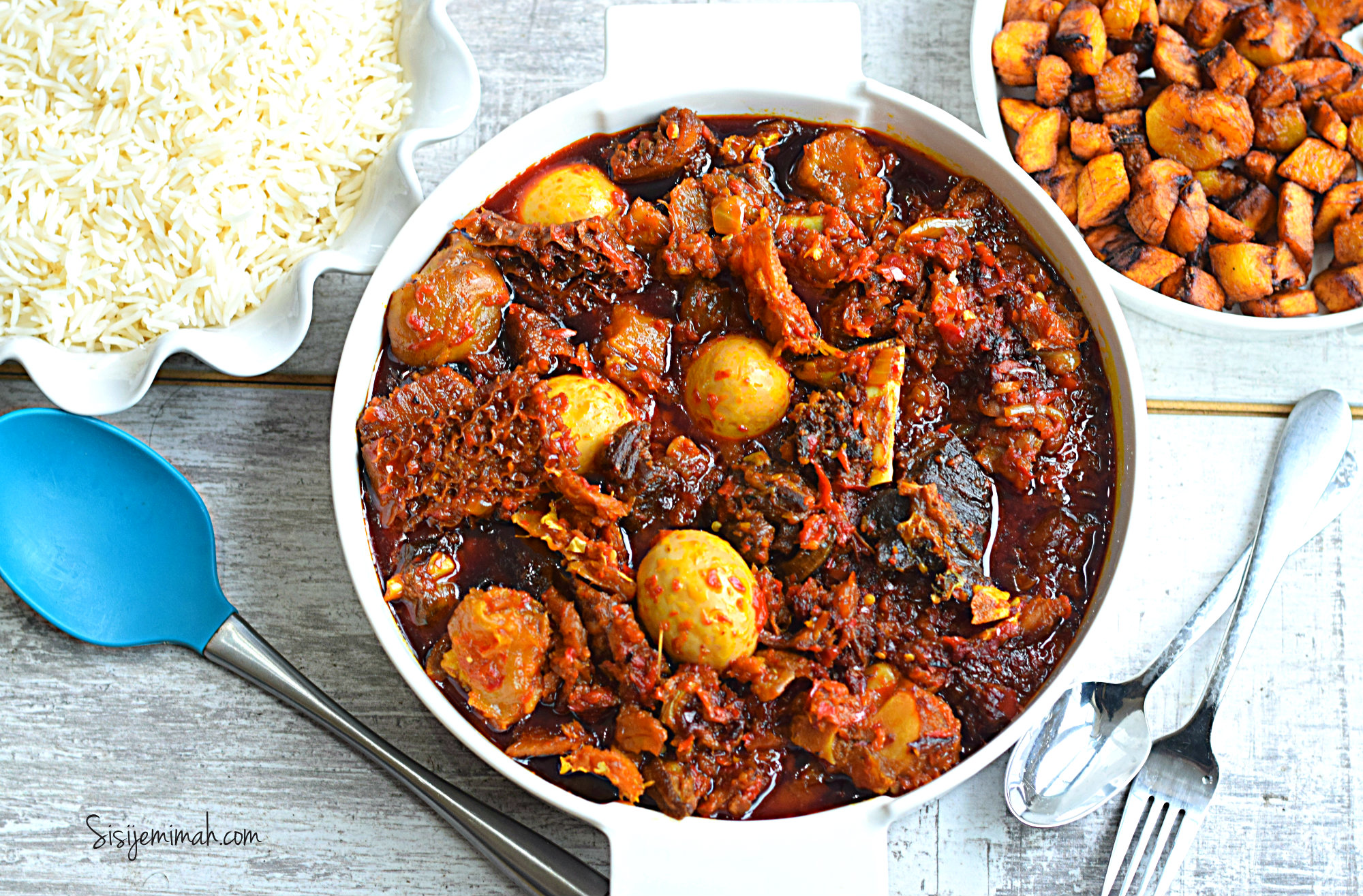As a Nigerian living in the U.S., I keep red palm oil in my pantry — it is a central ingredient in making the food that transports me home. Nigerian cuisine is known for the complexity of its components: the toe-curling umami of our stockfish, the lingering burn of our scotch bonnets, the bitterness of our leafy green ewuro. Red palm oil is sometimes the glue that holds these ingredients together. Though it’s mildly floral at first taste, it blossoms slowly as it coats your tongue, revealing an almost smokelike presence. Its bright orange smear coating an empty bowl is like nothing I can achieve with other ingredients. In this way, it has a power I ascribe to few other pantry items — one that lingers on the palate as a memory of a life much simpler than the one I live now.
But I’ve been surprised by the comments below the recipes I’ve written, or by the unknowing stares from diners who attend my dinner series for the first time and see “red palm oil” on the menu. The ingredient is so embedded in my earliest food memories that understanding it as an environmental and ethical concern required a deep dive into its complex history. In the process, I’ve learned quite a bit about how our food system is discussed — and what that reveals about who is discussing it.
*The views of the above article are those of the author and do not necessarily reflect the views of Africa Speaks 4 Africa or its editorial team.




